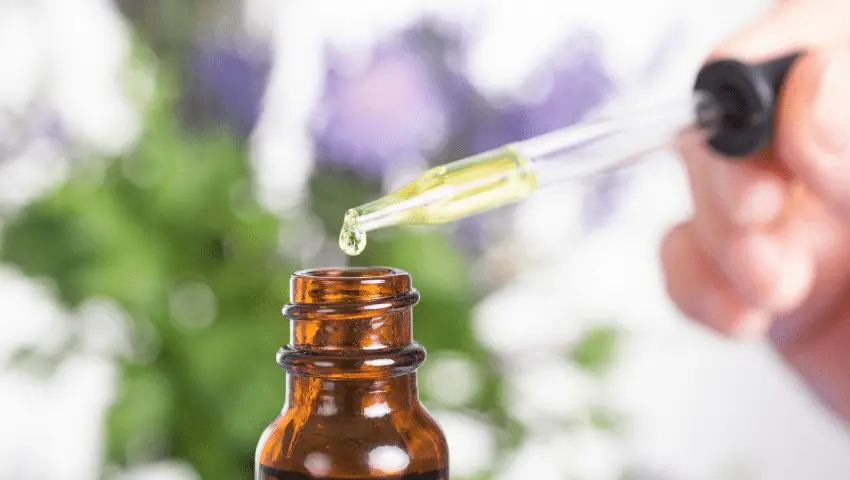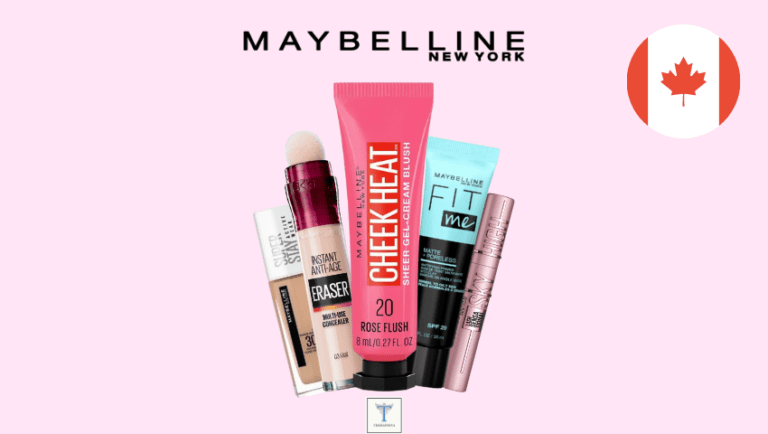Licorice Oil: 4 Incredible Benefits, Warnings, Side Effects and Interactions
You’ve probably heard of licorice, but what about licorice oil and its potential benefits and side effects?
This article will serve as your comprehensive guide to licorice oil.

Licorice Oil
Licorice oil is extracted from the licorice plant, which has been used for thousands of years to treat a variety of ailments. This plant’s scientific name is Glycyrrhiza glabra.
For many years, the root of this plant has been used for medicinal purposes, and licorice oil is widely used as a natural sweetener and flavoring agent.
Glycyrrhizin is the main biologically active ingredient that gives the extract its sweet flavor, and it also contains some volatile compounds, flavonoids, and saponins.
As a result, licorice extract is primarily used in the confectionery industry for its sweetness, whereas licorice oil is used in the production of food, beverages, toothpaste, and cosmetics.
This oil contains a variety of beneficial compounds that provide numerous benefits, ranging from antioxidant and anti-inflammatory properties to fading dark spots.
This latter effect is what makes it a popular ingredient in many skin-lightening products. in the same way that hydroquinone does.
Although licorice has many healing properties, scientific research just supports some of its uses, and it may not be safe for everyone, so use caution.
Also read: Loquat Leaf: 5 Incredible Benefits .. 2022
4 Incredible Benefits of Licorice Oil
There are many important compounds in licorice and its oil, some of which have antiviral and antibacterial properties, so the benefits and uses of licorice oil include the following:
1.Licorice Root Oil For Skin
Improves in the Treatment of Skin Infections
The antibacterial qualities of licorice oil and extract may be advantageous in terms of bacteria that may infect the skin, as one research found that licorice oil has antibacterial activity that is responsible for skin diseases such as impetigo and folliculitis.
Soothe and Hydrate the Skin
Regular application of licorice oil-containing skin care products can keep your skin moisturized.
Licorice essential oil contains potent antioxidants that can counteract the effects of free radicals caused by external environmental factors such as the sun and pollution, as well as internal factors such as metabolism, and free radicals are compounds that cause negative effects on the body.
Furthermore, the presence of Licochalcone is beneficial for people with oily skin because it helps control the amount of oil on the skin.
Help In the Treatment of Skin Diseases
The active compound in licorice root extract oil, glycyrrhizin, has anti-inflammatory properties similar to cortisol, which is used to treat inflammatory skin conditions such as eczema and psoriasis.
It is worth noting that licorice oil has been used for centuries to treat a variety of inflammatory skin conditions, including:
- Eczema
- Contact dermatitis and psoriasis
- Seborrheic dermatitis is a type of dermatitis that causes inflammation and itching on the skin
Conceal Dark Spots
Acne, eczema, and sunburn can all cause hyperpigmentation or dark spots.
Licorice oil extract, which is found in many skin care products, aids in skin lightening and treating dark skin pigmentation.
Glabridin, an active ingredient in liquorice essential oil, has anti-inflammatory and anti-tyrosinase properties, which inhibit the enzyme that causes hyperpigmentation.
Sunburn Relief
Skin care products containing licorice oil extract are effective in relieving the pain and inflammation caused by sunburn.

2.Improve Digestive Health
Glabridin and glabrine, two antioxidant chemicals present in licorice root oil, were discovered in licorice root extract.
They may also help to treat stomach discomfort and symptoms linked with gastrointestinal disorders, such as nausea, pain, and heartburn.
3.Has the Ability to Affect Hepatitis C
Glycerazine, a chemical present in licorice extract, was discovered to have antibacterial action against the hepatitis C virus when tested on cells in the laboratory, according to the researchers.
4.Supports in the Treatment of Dental Decay
Caries is caused by the presence of bacteria in the mouth, which may lead to the formation of cavities in the teeth.
According to certain Hungarian in vitro study, licorice may help destroy germs.
It should be mentioned that human studies did not benefit or show the usefulness of licorice in treating cavities, but its capacity to inhibit their development may imply that licorice has what qualifies it to treat cavities and cavities in the near future study.
Licorice Oil’s Potential Side Effects
Licorice and licorice oil may cause the following adverse effects:
1.Adverse Reactions When Taken Orally
Licorice is generally considered safe for most individuals, particularly licorice extracts that have had the component glycyrrhizin eliminated.
It is considered unsafe to take licorice products containing glycyrrhizin in large quantities for more than 4 weeks, because taking them in large quantities can lead to some serious side effects, which may range from high blood pressure or a decrease in potassium levels to the occurrence of general weakness and may Up to paralysis, as well as the occurrence of heart attacks.
2.The Effects of Application on the Skin
Licorice essential oil is harmless when applied to the skin as a cream or gel containing 2% licorice oil for up to two weeks, however it may induce a rash in some people.
Licorice Oil and Potential Drug Interactions
The following medications may interact with licorice extract:
- Potassium-lowering medications (albuterol, salmeterol)
- Medication for high blood pressure
- Diuretics, also known as water pills (furosemide)
- Medication for heart pacemakers
- Warfarin and other blood thinners
- Estrogen, hormonal therapy, and birth control pills are all examples of hormone therapy.
- corticosteroids
This post is also available in: Dansk (Danish) Nederlands (Dutch) Français (French) Deutsch (German) עברית (Hebrew) Italiano (Italian) Polski (Polish) Română (Romanian) Русский (Russian) Türkçe (Turkish) Español (Spanish) Български (Bulgarian)






